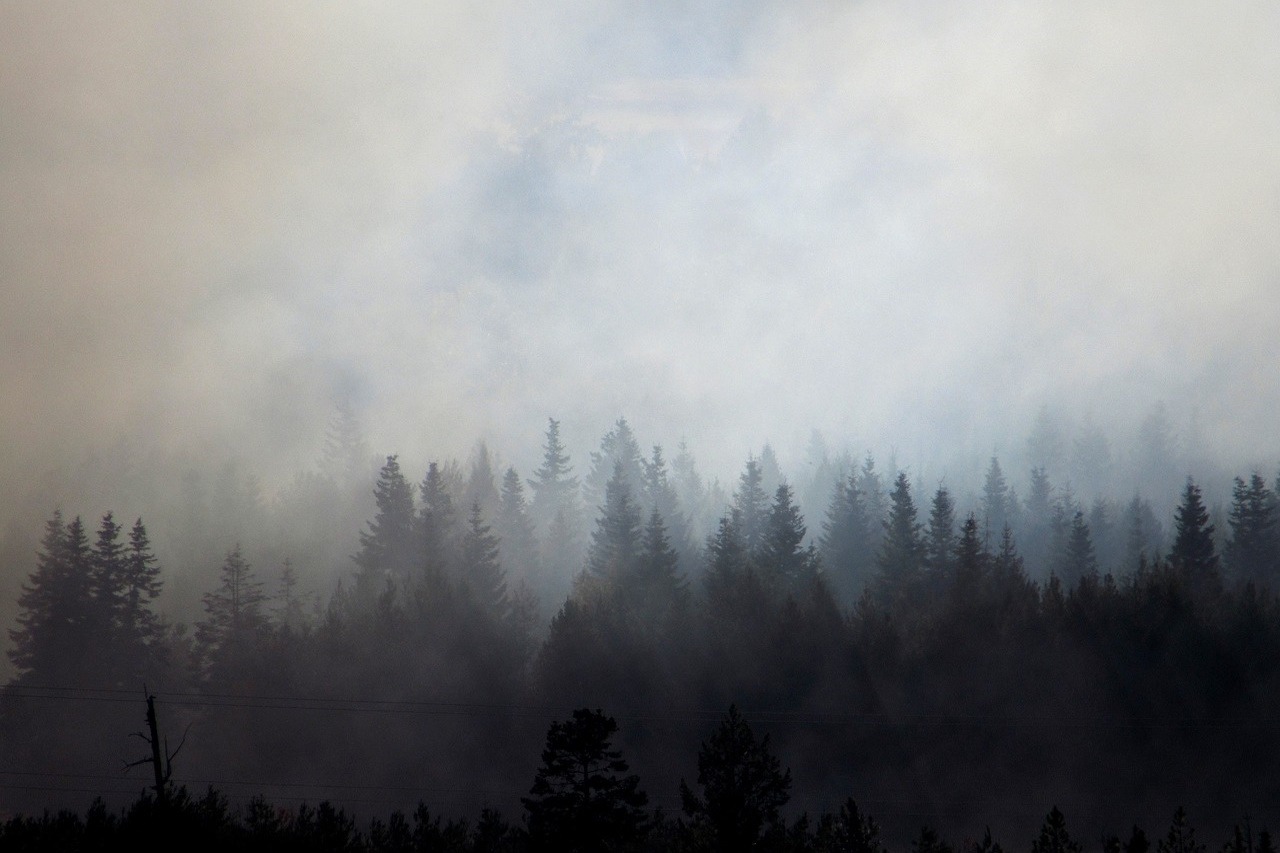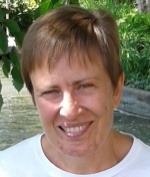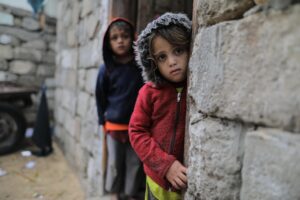“Sorry about the smoke, eh?!” the Canadian MC quipped as the celebration of Canada Day got underway in New York’s Central Park. “We have some huge fans set up along the border to blow it back, but that doesn’t seem to be working very well,” one of the performers added.
Living in the USA, I have been taken aback several times when someone who, on learning I am Canadian, has turned to me, querying, “What is Canada doing about its fires??” With US and Canadian centres alike coping with orange-haze episodes and taking turns in laying claim to “the worst air quality in the world,” the question didn’t surprise me. Is this climate change impact that is difficult to conveniently ignore (if not down-right hazardous) finally waking us up?
Burning fires in Canada still numbered close to 500 at the end of June, around half of them out of control.1 Trends analyses attribute the worst wildfire season on record to warming temperatures which bring on earlier spring thaws, later autumn burns, and an atmosphere that sucks moisture out of flammable vegetation.2 Alongside Canada’s firefighters, hundreds have come from the USA, Australia, South Africa, Portugal, France, Spain, Chile, Costa Rica, Mexico and New Zealand to offer assistance.3 Firefighting strategies in a country with so much remote and unpopulated territory are under review.4
In commemoration of Earth Day in April this year, the Laudato Si’ Movement (formerly the Global Catholic Climate Movement) offered a training for prospective Laudato Si’ Animators. I joined approximately 300 participants from around the world, making our way through modules grounded in the See-Judge-Act framework of Catholic Social Teaching, the basis, too, for Pope Francis’ Laudato Si’ encyclical. One learning that is continuing to ground my hope comes from an article on the “Contempl-Action” paradox. Also known as the Slow-Fast Paradox, this practice calls for holding a fruitful tension between the contemplative deepening that nourishes eco-conversion and bold decisive actions promoting climate justice.5
Thanks to the smoke, the seemingly obvious reality, that earth is one single system, and that we disregard responsibility for its care at the peril of thousands of species including our own, confronts us anew.
Our Earth knows its one-ness. Slow-er and fast-er, I know I have a lot to learn.
1 Emily Mae Czachor,“Canadian Wildfire Maps Show Where Wildfires Continue to Burn across Quebec, Ontario and Other Provinces,” CBS News, June 30, 2023, https://www.cbsnews.com/news/map-canadian-wildfires-2023-where-are-the-fires-ontario-quebec/.
2 Benjamin Shingler and Graeme Bruce, “How Wildfires are Changing in Canada,” CBC News, May 25, 2023, https://www.cbc.ca/news/climate/canada-wildfire-data-change-1.6854186.
3 Julia Wong, “Meet the International Firefighters Battling Canada’s Worst Wildfire Season in a Century,” CBC News, June 17, 2023, https://www.cbc.ca/news/canada/edmonton/international-firefighters-canada-wildfires-1.6879084.
4 Gabrielle Canon and Leyland Cecco, “‘It Burns Wild and Free Up There’: Canada Fires Force US Crews to Shift Strategy,” The Guardian, June 29, 2023, https://www.theguardian.com/world/2023/jun/29/canada-wildfires-us-crews-shift-strategy.
5 Tomas Insua, “Laudato Si’ Movement: a Name that Symbolizes ‘Contempl-Action’” Laudato Si’ Movement, January 14, 2022, https://laudatosimovement.org/news/laudato-si-movement-name-contempl-action-en-news/.
Claudia Stecker is a Sister of Our Lady of the Missions (RNDM). She was missioned to the Philippines in 1997 and worked as an educator, first, in Cotabato, at Notre Dame University, and, later, in Manila, at Asian Social Institute. Her subject areas included pastoral sociology, leadership, music and education. Claudia was also employed by Kuya Center for Street Children where she took part in establishing a microfinance initiative among urban poor families. Over the years, Claudia served the congregation, too, in leadership, formation and finance management, returning to Canada in 2021. From 2023, she has been missioned to New York, USA, where she serves as a host community member in a LifeWay Network safehouse for women survivors of human trafficking.





Thank you for introducing me to the “Contempl-Action” paradox – a way of “holding a fruitful tension between the contemplative deepening that nourishes eco-conversion and bold decisive actions promoting climate justice.” Smoke in N.Y. yields valuable insights! Thanks for sharing.
Short but powerfully articulate, Claudia, thank you!